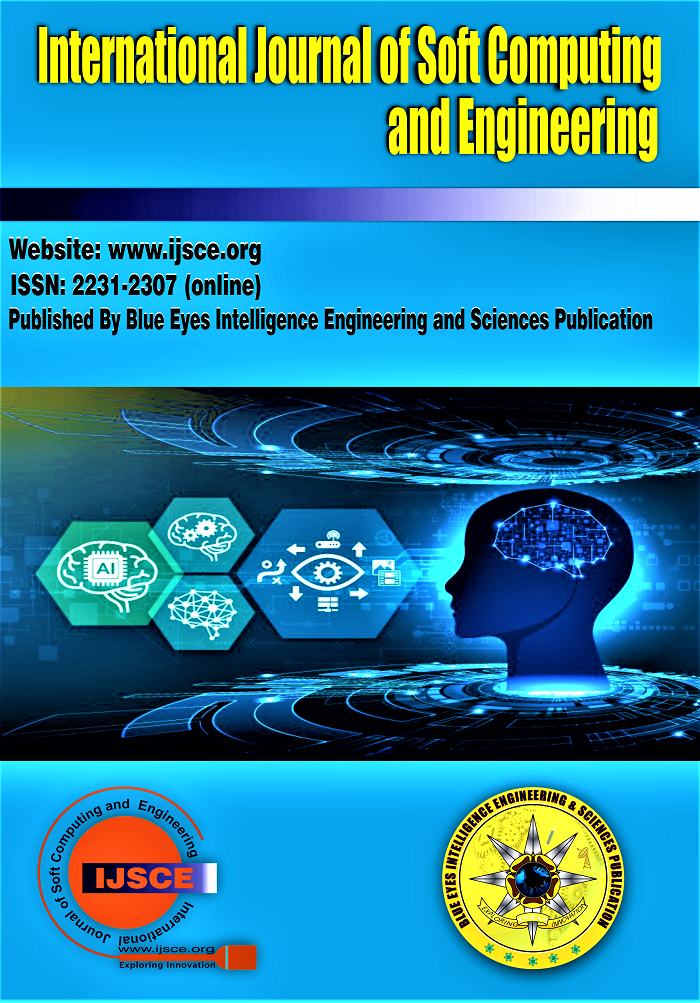Reinforcement Learning based NLP
Main Article Content
Abstract
In the field of Natural Language Processing (NLP), reinforcement learning (RL) has drawn attention as a viable method for training models. An agent is trained to interact with a linguistic environment in order to carry out a given task using RL- based NLP, and the agent learns from feedback in the form of rewards or penalties. This method has been effectively used for a variety of linguistic problems, including text summarization, conversation systems, and machine translation. Sequence-to- sequence Two common methods used in RL-based NLP are reinforcement learning and deep reinforcement learning. Sequence-to-sequence While deep reinforcement learning includes training a neural network to discover the optimum strategy for a language challenge, reinforcement learning (RL) trains a model to create a series of words or characters that most closely matches a goal sequence. In several linguistic challenges, RL-based NLP has demonstrated promising results and attained cutting-edgeperformance. There are still issues to be solved, such as the need for more effective exploration tactics, data scarcity, and sample efficiency. In summary, RL-based NLP represents a potential line of inquiry for NLP research in the future. This method outperforms more established NLP strategies in a variety of language problems and has the added benefit of being able to improve over time with user feedback. To further enhance RL-based NLP’s effectiveness and increase its applicability to real-world settings, future research should concentrate on resolving the difficulties associated with this approach.
Downloads
Article Details
Section

This work is licensed under a Creative Commons Attribution-NonCommercial-NoDerivatives 4.0 International License.
How to Cite
References
Shu, R., Yoo, K., & Ha, J. (2021). Reward Optimization for Neural Machine Translation with Learned Metrics. ArXiv, abs/2104.07541





